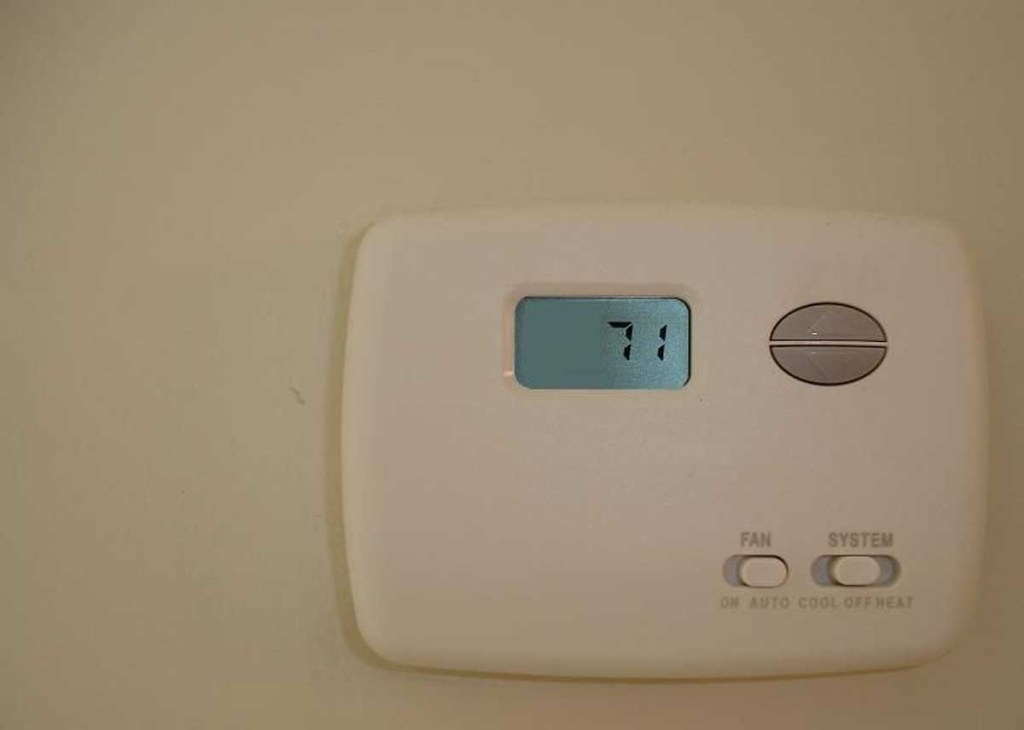5 tax credits for wintertime energy efficiency
Published 3:21 pm Tuesday, December 13, 2011

- Save money on your heating bills and earn a 2011 tax credit by making certain home improvements.
If you’re looking for ways to lower your heating bill and make your home more energy efficient this winter, now is a good time to act. Make certain home improvements before the end of 2011, and you can claim a federal tax credit when you file next year. But you’ll need to move quickly, because some of these credits expire at the end of this year.
New heating systems: An energy-efficient electric heat pump can earn you a credit of $300, and a new furnace or boiler can earn you $150. The U.S. Department of Energy has guidelines on what types of units qualify, so be sure to check energysavers.gov for the details. Not all Energy Star certified products qualify. This credit expires at the end of 2011.
Biomass stoves: Biomass stoves burn natural fuel like agricultural crops and trees, wood waste, plants and other fibers to heat a home or heat water. To earn a tax credit of $300, make sure your biomass stove has a thermal efficiency rating of at least 75 percent as measured using a lower heating value. This credit expires at the end of 2011.
Insulation: Replacing the insulation in your home can go a long way in making your home more energy efficient and save money on your heating and cooling bills. The government offers a tax credit of 10 percent of the cost, up to $500, for certain types of insulation. The credit does not include installation and labor costs, and it expires at the end of 2011.
Windows, doors and skylights: Lots of heat can be lost through old or improperly sealed doors and windows. If you replace them with Energy Star labeled items, you can earn a tax credit of 10 percent of the cost up to $500, but windows are capped at $200. The credit does not include installation and labor costs, and it expires at the end of 2011.
Geothermal heat pump: This tax credit of 30 percent of the total cost, with no upper limit, is good through 2016. A geothermal heat pump uses the relative warmth of the earth below the surface to heat a home, and some can also provide hot water. They are quieter and last longer than air-source heat pumps, and they don’t depend of the temperature of the outside air.
For more details on these credits on other energy efficiency tax credits, visit energysavers.gov.



